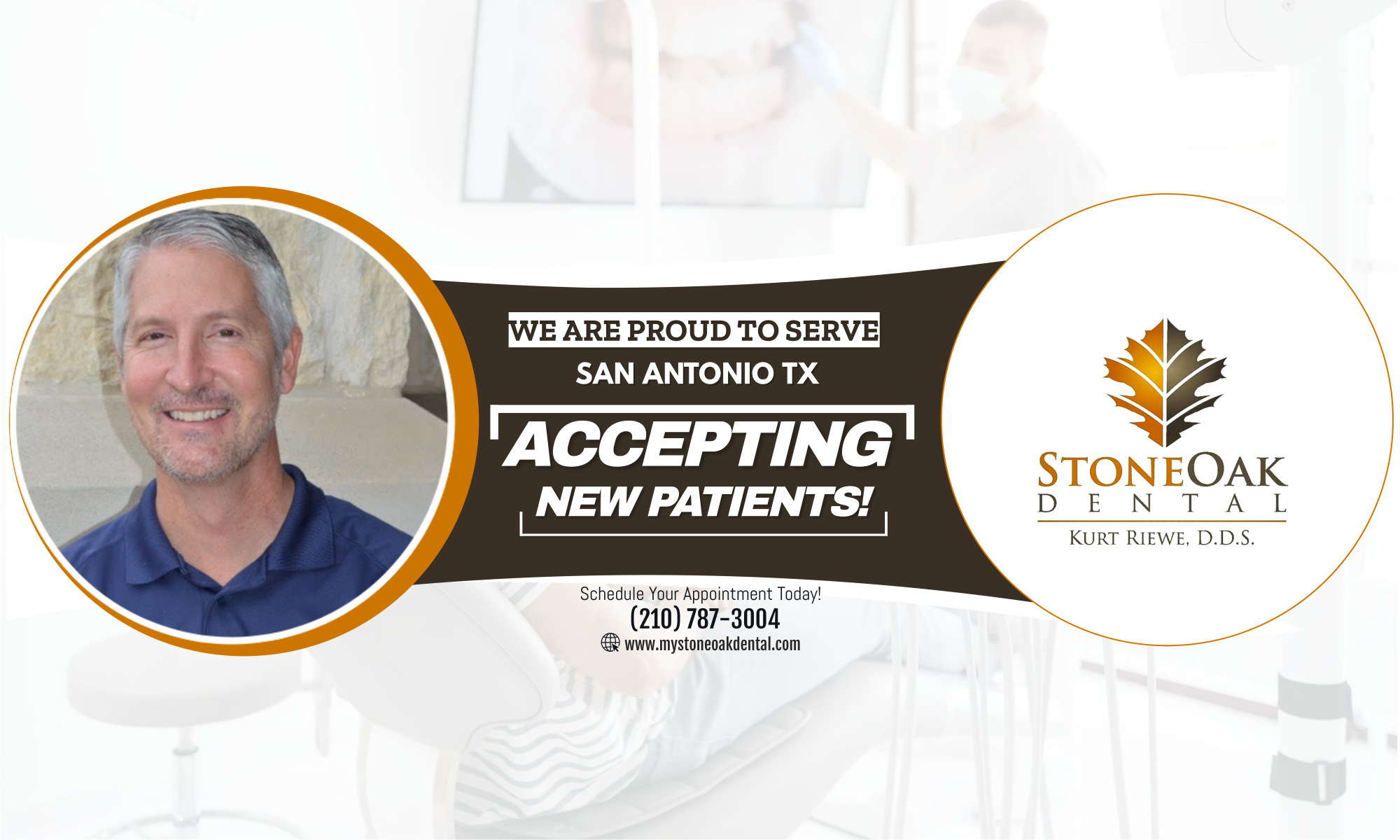Braces are orthodontic apparatus used to help fix crooked and crowded teeth.
While modern braces can be comfortable and inconspicuous, you may have to take extra steps to care for your teeth when wearing them.
It’s important that you continue good oral hygiene practices while wearing braces.
You need to continue brushing regularly, following the approach suggested by your dentist, as well as flossing daily and making regular visits to the dentist.
People with braces should stick to a balanced diet and limit the number of snacks between meals.
Your dentist may suggest that you avoid certain foods that could interfere with braces or accidentally bend the wires. This can include nuts, popcorn, hard candy, ice and sticky foods such as chewing gum or caramel.
You can still continue to enjoy sports and other activities but a protective mouth guard is often recommended to reduce the risk of injury to the mouth or jaw. Your dentist will suggest an appropriate mouth guard when the braces are in place.
Braces can make a big difference to your smile and your future dental health. Modern technology � and following good practices � means you should be able to wear them with comfort and confidence.
